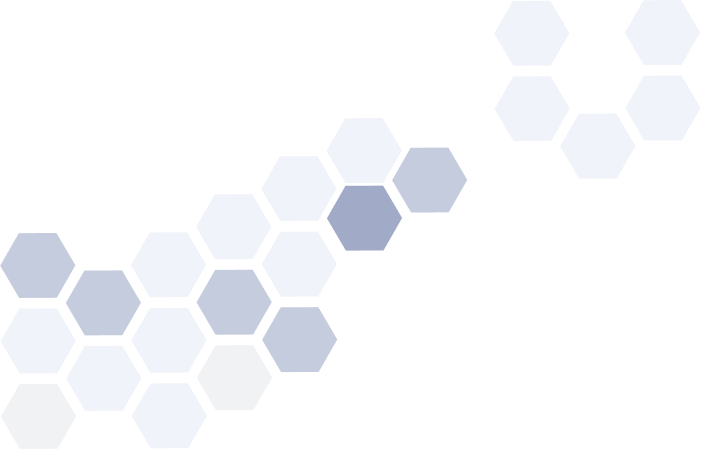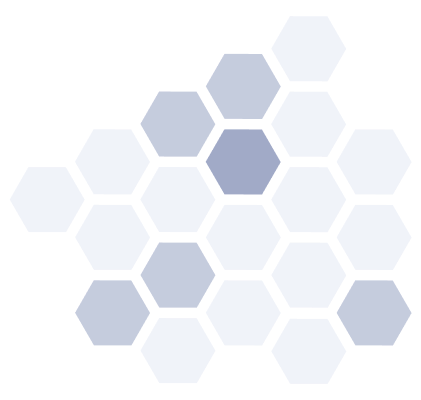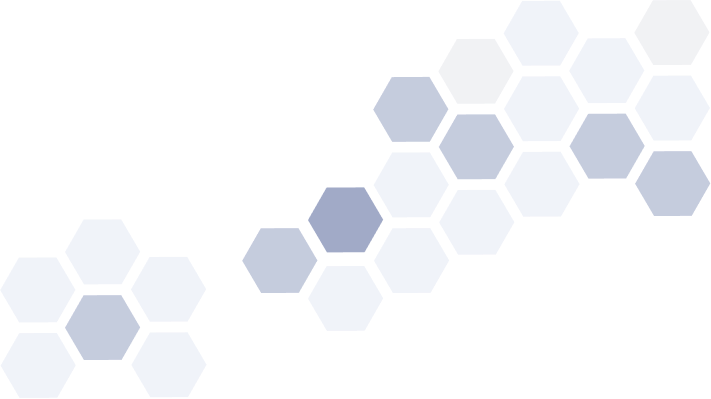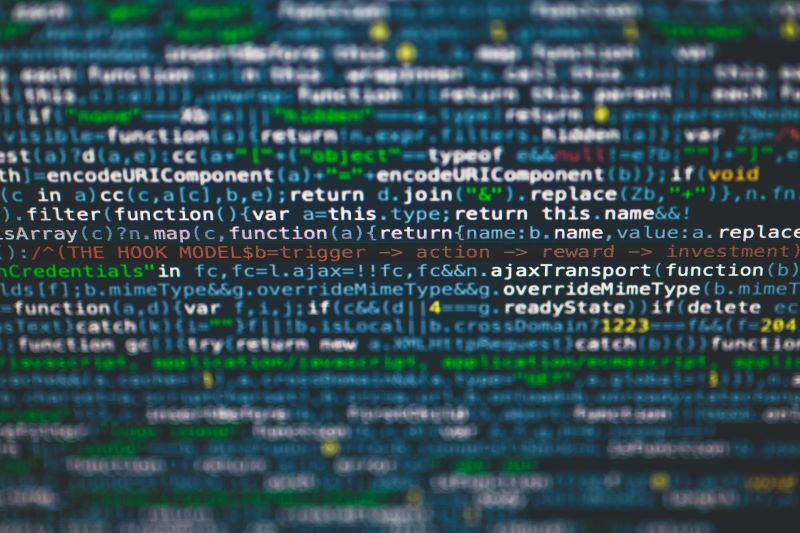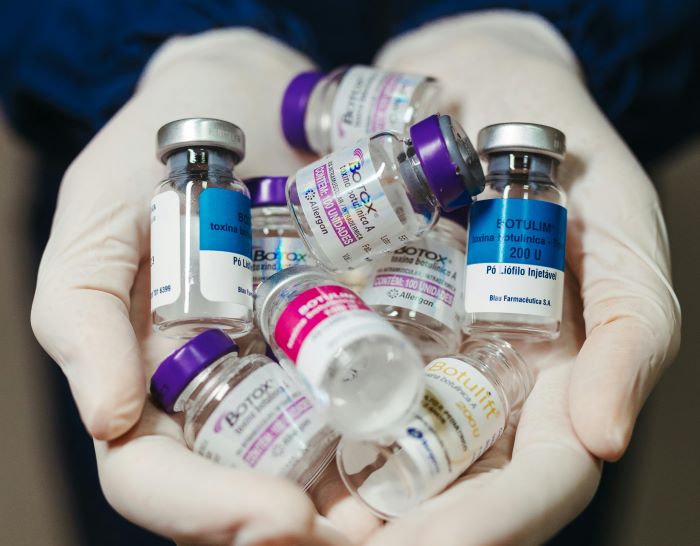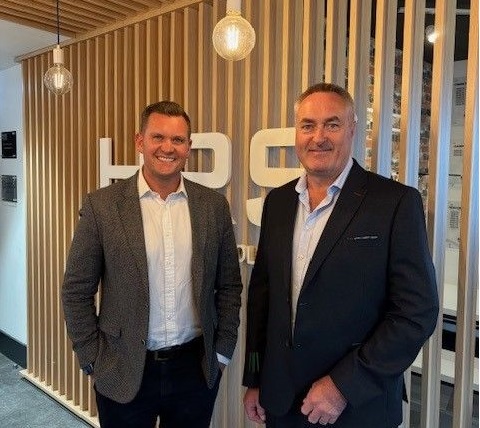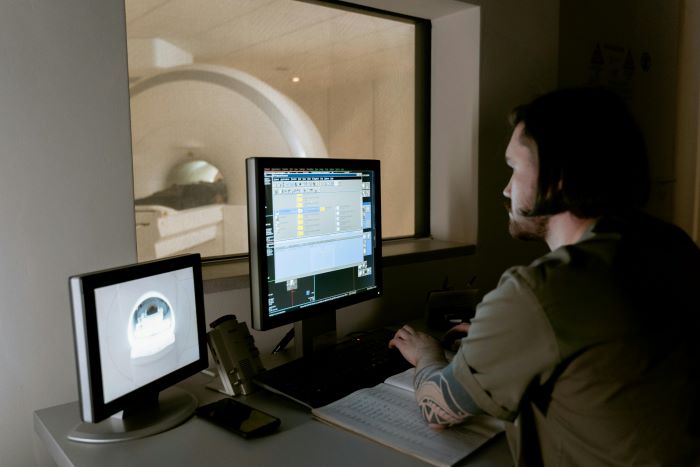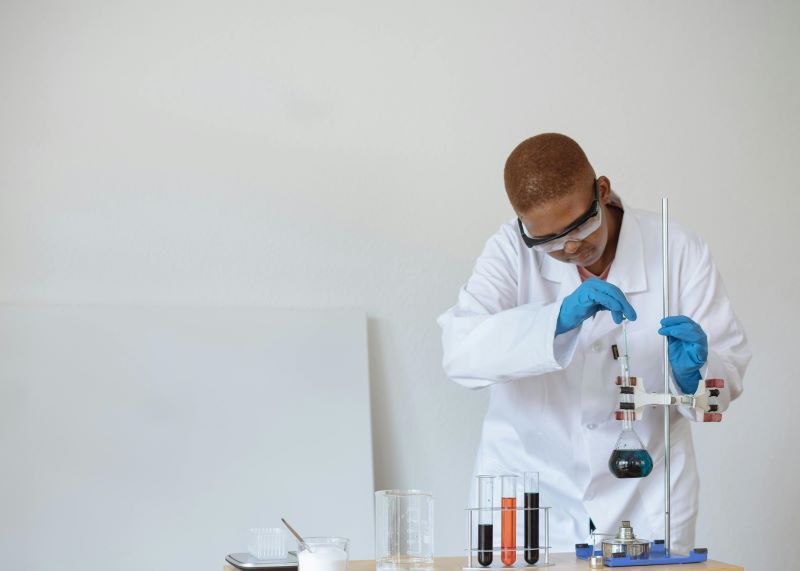To prepare for a pharmaceutical job interview, you should do the following:
- Dress smartly but comfortably (first impressions really matter).
- Reference the responsibilities of your chosen pharmaceutical job from the job description provided.
- Offer examples to your interviewer of how you would apply your existing skills, education, and experience to the role.
- Ask questions that show your engagement with the position (such as asking about progression and training opportunities, team structure etc.)


